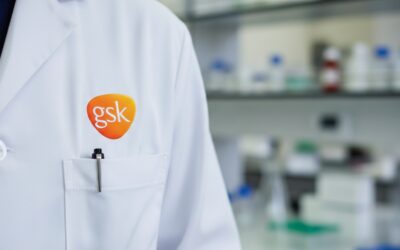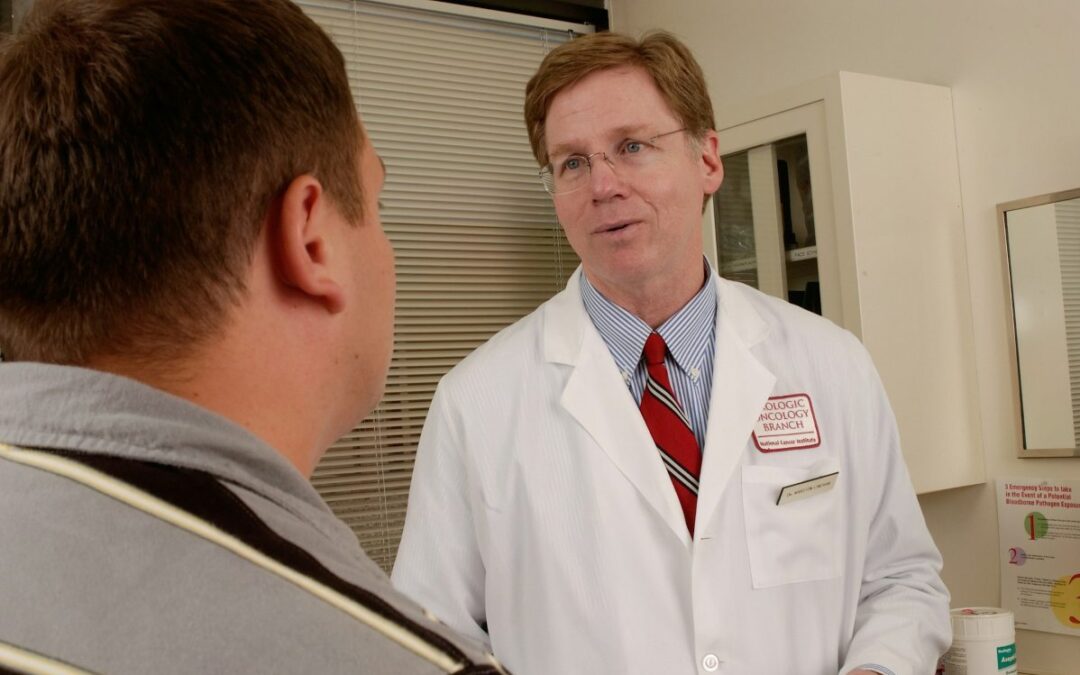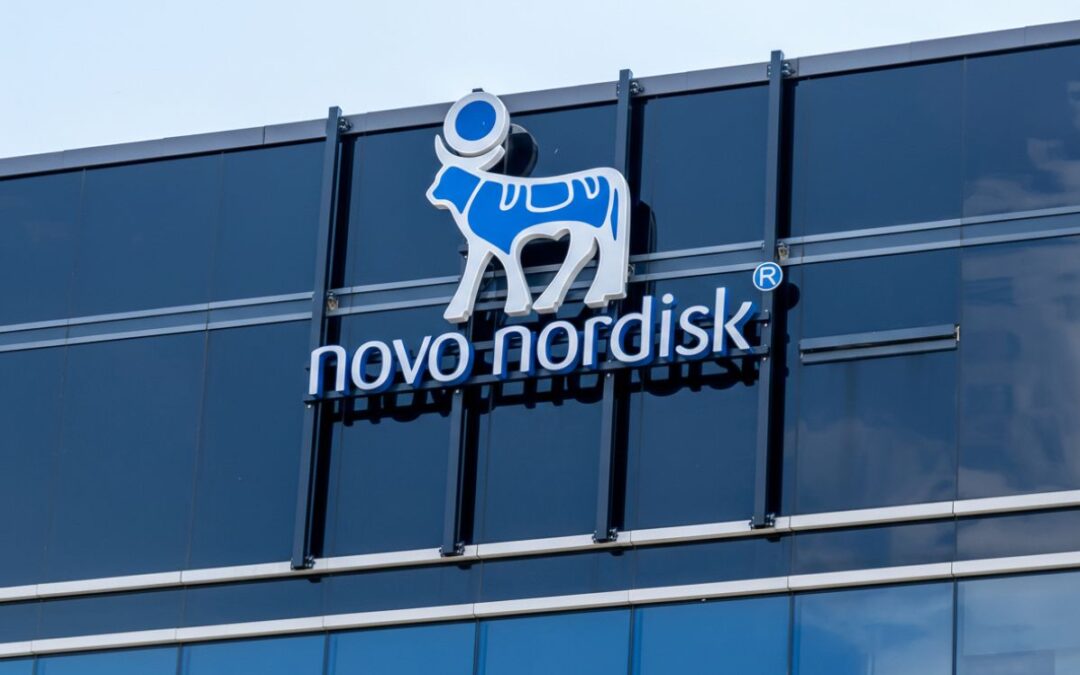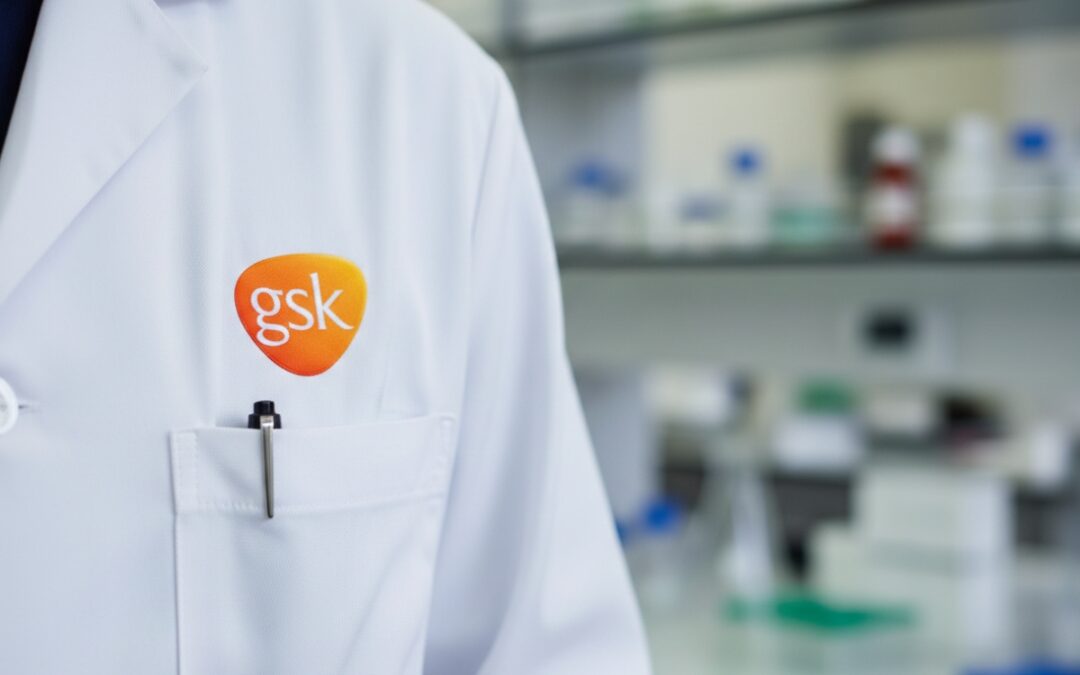US pharmaceutical heavyweight Merck has decided to halt its planned £1 billion expansion in the UK, criticising the government for a lack of substantial investment in the life sciences sector.
The company, which operates under the name MSD in Europe, announced it will shift its life sciences research operations to the United States and reduce its UK workforce. Merck placed blame on a series of UK governments for consistently failing to recognise the value of innovative medical treatments.
Merck’s pivot aligns with a wider trend among pharmaceutical companies that are increasingly prioritising the US market. This shift follows pressure from former President Donald Trump, who threatened steep tariffs on imported medicines to encourage domestic investment.
Although construction had already started on Merck’s new site in London’s King’s Cross—originally slated for completion in 2027—the company has now scrapped plans to occupy it.
In addition, MSD will close its laboratories located in the London Bioscience Innovation Centre and the Francis Crick Institute by the end of the year, resulting in 125 job losses.
A company spokesperson stated the decision
“reflects the challenges of the UK not making meaningful progress towards addressing the lack of investment in the life science industry and the overall undervaluation of innovative medicines and vaccines by successive UK governments”.
Richard Torbett, chief executive of the Association of the British Pharmaceutical Industry, described Merck’s decision as
“a devastating blow”.
He cited the UK’s lack of competitiveness as the primary driver behind the company’s withdrawal. “We’ve seen chronic under-investment in the innovative products that stem from our research pipeline,” Torbett added.
Merck now joins a growing list of pharmaceutical companies pulling back from UK expansion.
Earlier this year, AstraZeneca abandoned a £450 million investment in a vaccine manufacturing facility in Merseyside, citing diminished government backing.
Last month, the UK head of another pharma giant warned that NHS patients could miss out on cutting-edge treatments because the country is becoming “largely uninvestable”.
Johan Kahlstrom of Novartis revealed the company had already been unable to launch several drugs in the UK due to what he described as the market’s “declining competitiveness”.
In 2023, AstraZeneca opted to build a new production facility in Ireland rather than the UK, despite initial plans for a site in north-west England. The firm’s CEO said an unfavourable tax regime prompted the decision to choose Dublin.
Industry insiders said that the area around King’s Cross had been gaining significant investment, particularly at the intersection of life sciences and artificial intelligence. They rejected suggestions that Merck’s exit was directly tied to recent negotiations over drug pricing, an area where companies have been lobbying for more generous NHS reimbursements.
The current pricing agreement was signed in 2023, less than 18 months ago, with the backing of the pharmaceutical industry.
Since then, firms have faced increased pressure from the Trump administration to cut drug prices for US consumers and to boost domestic investment, restricting their global spending capacity.
In an August interview with CNBC, former President Trump warned that tariffs on imported pharmaceuticals could rise as high as 250%. This followed a May executive order aimed at lowering US drug costs.
Despite Merck’s withdrawal, some in the industry maintain that the UK still offers strong fundamentals. Dr David Roblin, CEO of London-based biotech firm Relation Therapeutics, said the original appeal that drew Merck to the UK remains intact.
“The UK continues to produce world-class academic research and a strong talent pipeline—qualities that naturally attract international investment,”.
He praised the UK’s research infrastructure, citing examples like the NHS-supported UK Biobank as a major asset. “The research environment remains excellent,” he added.
However, Dr Roblin acknowledged that the political environment in the US has shifted.
“The United States is still the biggest pharmaceutical market globally, and big pharma must adapt to its political pressures,” he said.
A Department for Business and Trade spokesperson commented:
“The UK has become one of the most attractive investment destinations globally, but we recognise more needs to be done.”
“We understand this will be difficult news for MSD staff, and the government stands ready to provide support to those affected,” the statement continued.
Labour’s election manifesto outlines plans to revitalise life sciences through a new NHS innovation and adoption strategy. This would include a clear procurement pathway, redesigned incentives to encourage innovation, and a faster approval process for new medicines and technologies.













